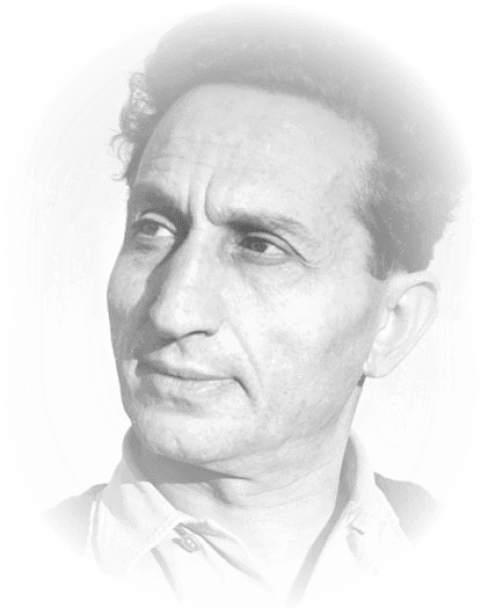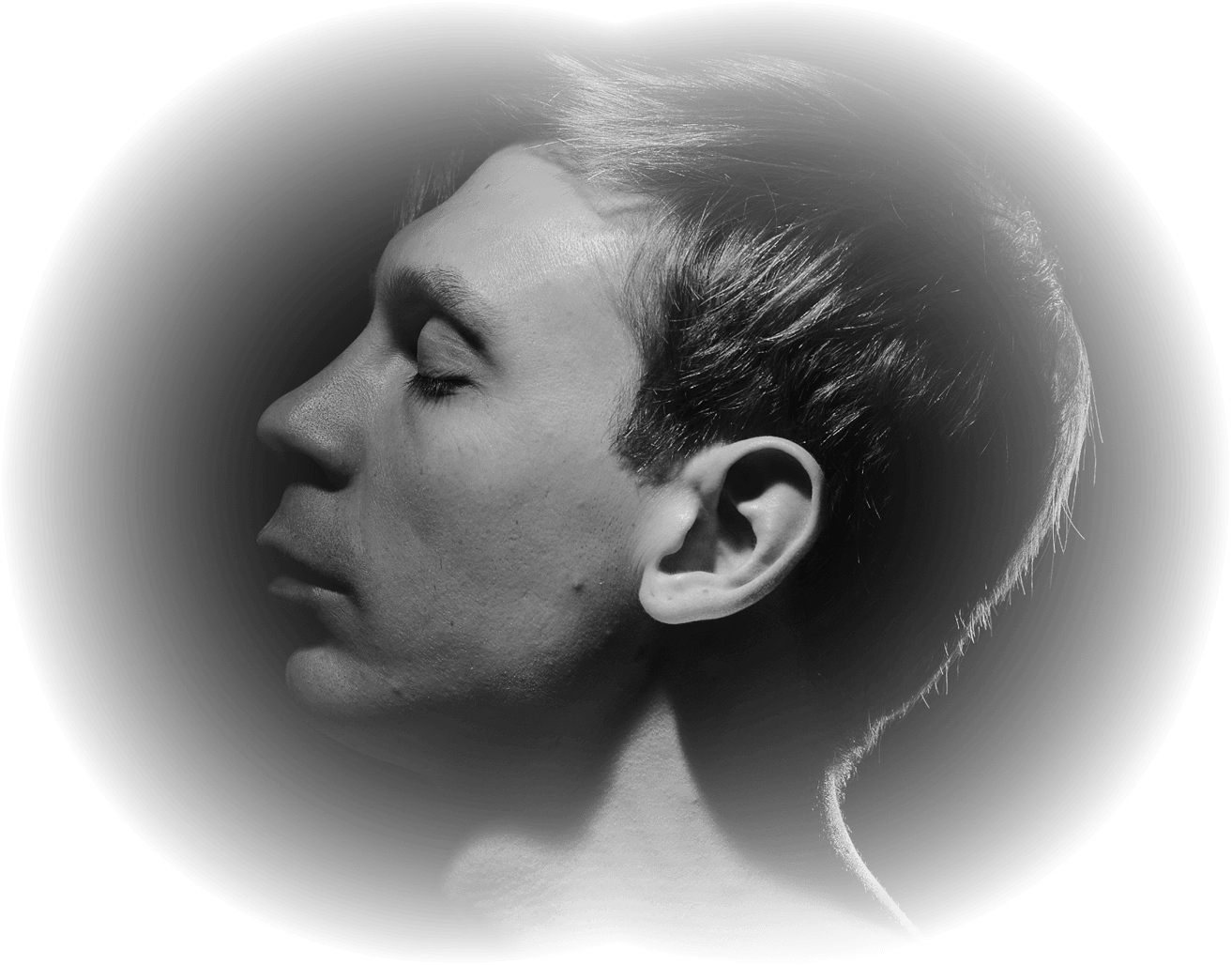
It is unlikely that Dovid Knut (Duvid Meerovich Fiksman) had any memory of the terrible Kishinev pogrom — he was only three years old. Still, the echoes of the collective Jewish tragedy were heard for a long time. So when the former Kishinev became part of Romania, the Fiksmans fled to Paris, away from Romanian nationalism and the assertion of one nation over another. Who could have imagined that the shadow of this idea would darken all of Europe?
In the first years of his emigration, Dovid Knut took every odd job he could find, and in time he managed to open a coffee shop in the Latin Quarter, providing work for his entire family.
Knut was small in stature, with a big nose and sad but lively eyes. In the 1920s, he ran a cheap restaurant in the Latin Quarter, where his sisters and younger brother were waiters... (writer and memoirist Nina Berberova)
Dovid Knut, the poet, was just as vigorous — one of the brightest voices of the generation. He belonged to the first poetic groups of young writers — Gatarapak and Cherez/Through (together with Alexander Ginger, Boris Bozhnev, Boris Poplavsky, and others), the Perekrestok group, heavily influenced by Vladislav Khodasevich (Yuri Terapiano, Georgy Raevsky, Yuri Mandelstam, Vladimir Smolensky, and others). Georgy Adamovich, a highly respected critic and poet, wrote of Knut’s poetry collection Parisian Nights:
One of the purest, most honest, and most profound poetry collections to have appeared during the émigré years.
Dovid Knut was predicted to have a brilliant poetic career. Once at a meeting of the Green Lamp (Zinaida Gippius, Dmitry Merezhkovsky, Nikolai Otsup, Georgy Ivanov, and others), an established society of writers of the older generation, Knut declared:
...soon it will be apparent to everyone that the capital of Russian literature is not Moscow, but Paris.
Full of life, Dovid Knut got married for the third time to Ariadna, daughter of the composer Alexander Scriabin, and adopted her three children. Ariadna converted to Judaism, becoming Sarah, just when it was getting increasingly dangerous to be Jewish. In 1940 Paris surrendered to the Nazis, and the family left for free Toulouse. There they joined the French Resistance, created an underground organization, and helped Jewish children escape from France. Under these dreadful circumstances, their mutual son Joseph was born. And on July 22, 1944, Ariadna-Sarah was killed in a crossfire — in an ambush set up at the safe house. Dovid Knut and his children managed to escape to Geneva. After the war, they returned to Paris.
For six years, I have not written poetry. Only lately, and not without difficulty, have I been occupied — sluggishly — with writing for a living... Do not judge — but I have — no words. (from Dovid Knut’s letter)
In 1947, Knut got married for the fourth time, and after the formation of the state of Israel, he and his family went there, where he soon succumbed to illness.
Pornofilmi|Porno-filmi

I will not die. How could it be,
That in the exultant space without me
The earth would draw a fiery thread
Of meaningless and joyous voyage.
It will not be. The earth without me
Will not spin and blossom.
Without me, trees won’t creak and rustle.
The snow won’t fall if I am dead!
It cannot be. I don’t accept.
I’ll go on living, tight and stubborn,
And in the dreadful hour, in devastated sleep,
I will push back the coffin lid myself.
I’ll push and shout: No, I won’t!
I want to feel that thoughtless joy!
I want to walk together with my darling!
I only need to touch the sun just once.
No, you cannot put me in a stuffy box,
Me, who has rejected fate, decay, and limits.
I want to live, and I will live and live,
And fill the vacuum with some empty lines.